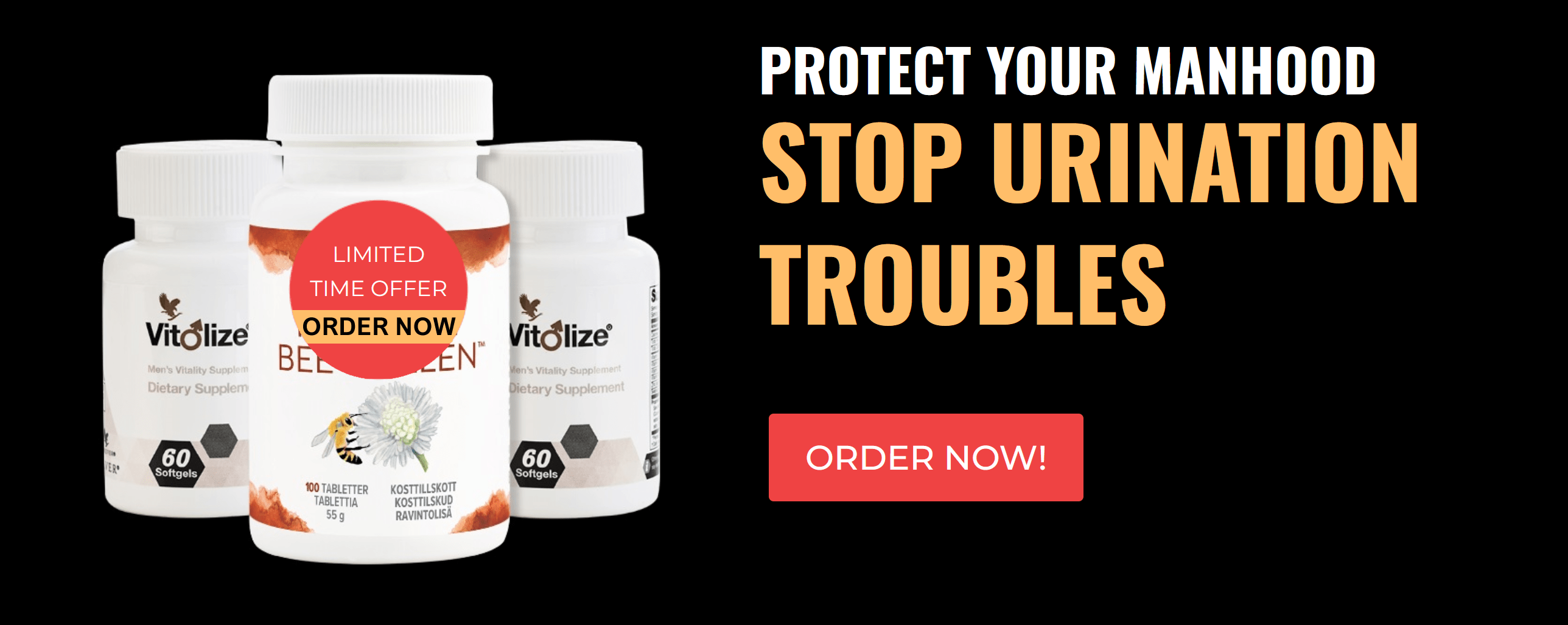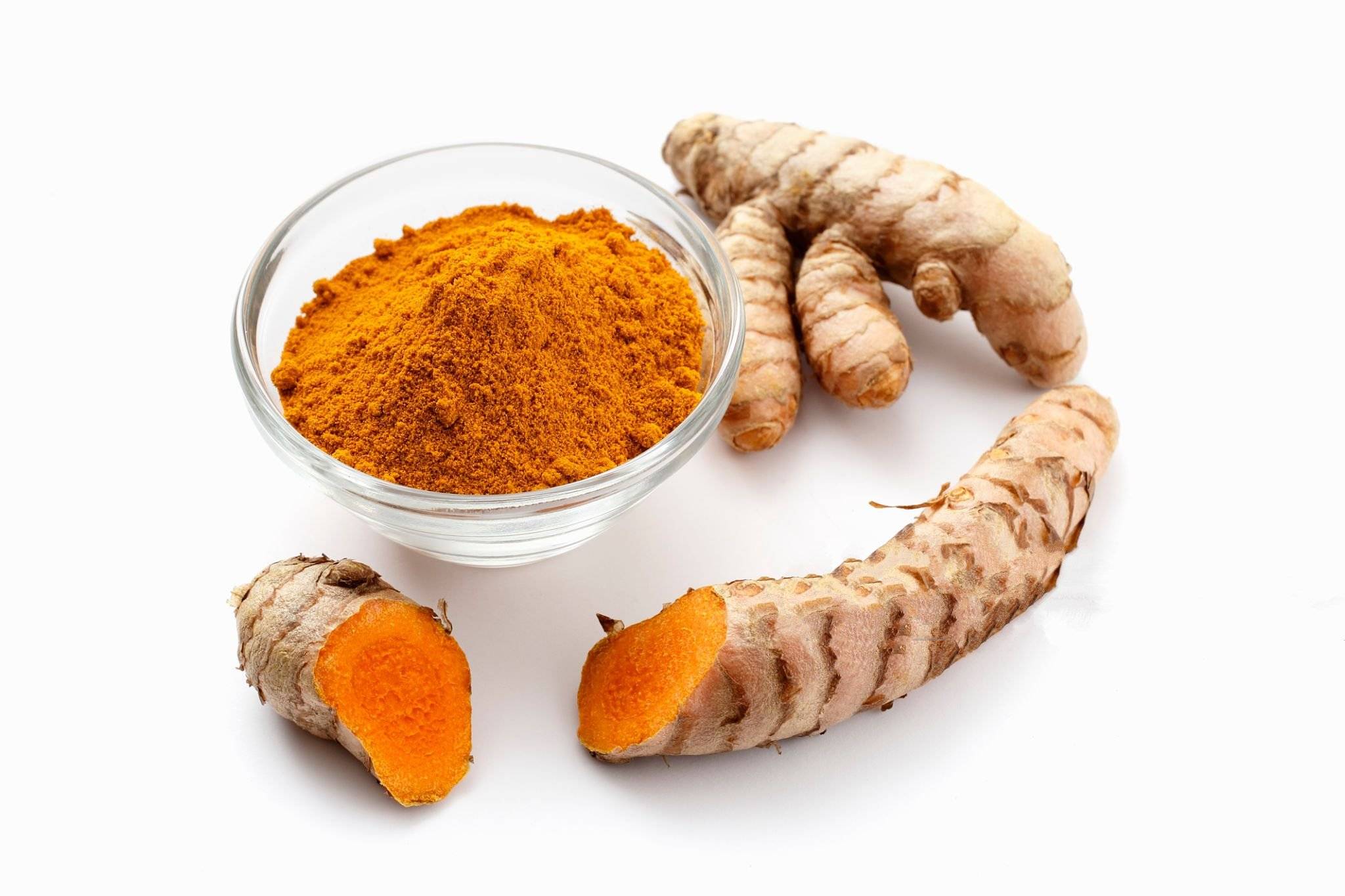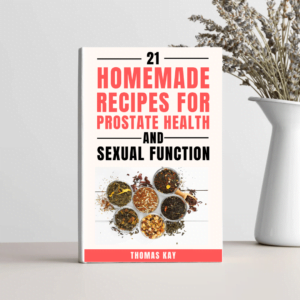If you're experiencing symptoms of an enlarged prostate, you may be seeking ways to reduce its size.
The most effective approach to maintaining prostate health is through natural methods. Simple lifestyle changes can greatly alleviate symptoms of BPH and other prostate issues.
This article will discuss the best ways to prevent an enlarged prostate and how to reduce enlarged prostate naturally.
What is the Prostate?
The prostate is a small gland in the male reproductive system that surrounds the urethra, the tube that carries urine and semen out of the body. The prostate gland produces fluid that helps to nourish and transport sperm. The prostate gland can become enlarged as men age, a condition known as benign prostatic hyperplasia (BPH), which can cause urinary symptoms such as difficulty starting urination, weak urine flow, and frequent urination. Prostate cancer, which is a serious condition, is also a concern for older men.
How to naturally reduce prostate size
An increasing number of studies have shown the importance of good nutrition when it comes to maintaining a healthy prostate. A diet abundant in fruits, vegetables, and beneficial fats can help protect the prostate by regulating hormone levels and reducing the likelihood of developing prostate disease. Additionally, certain foods and natural remedies for an enlarged prostate have been shown to aid in reducing its size naturally. We will now examine these options further.
Natural remedies for an enlarged prostate:
- Beta sitosterol: is a plant sterol which has been shown to help reduce the symptoms of BPH, specifically by improving urine flow and the ability to empty the bladder.
- Vitamin D: The impact of vitamin D on prostate volume and BPH has shown promising results; Vitamin D analogues of up to 6000 IU/day have shown to decrease prostate volume in BPH patients.
- Curcumin: has been shown to significantly lower prostate weight and prostate volume, as well as reduce the expression of IGF1 among growth factors in prostate tissue.
- Zinc: Zinc supplements protect the prostate gland and suppress inflammation and enlargement.
- Boron: Strong evidence has shown that boron may play an important role in protecting men from prostate cancer. This powerful, yet often overlooked mineral reduces prostate cancer risk as well as lowering PSA levels, according to some studies.
- Pygeum– Phytosterols found in plants produce an anti-inflammatory effect, helping to relieve the uncomfortable symptoms of BPH.
Foods to avoid:
- Red meat often contains hormones, particularly testosterone, that are added to the animal’s diets to increase their size. Studies have shown that daily eating of red meat triples the risk of prostate enlargement.
- Dairy, like meat, is linked to added hormones and raises the risk of BPH. Reducing the intake of dairy products like butter, cheese, and milk, can help reduce symptoms.
- Caffeine is known to act as a diuretic which increases the need to urinate. Lowering the intake of caffeinated drinks like coffee, tea, and sodas, will help.
- Alcohol is known to stimulate urine production and promote difficulty with urination. Men suffering from BPH reported that drastically cutting down on alcohol have eased their symptoms.
- A high sodium intake, from processed foods like hamburgers, hot dogs, pies, and other takeaway snacks.
A diet rich in fruits, vegetables, and healthy fats is highly recommended, these include:
- Coldwater fish like salmon, trout, and sardines. They are high in omega 3 fatty acids which help to reduce inflammation in the body, as well as help with prostate shrinking.
- Tomatoes, berries, and citrus fruits are rich in antioxidants and vit C, which combat free radicals rampaging round in the body, causing inflammation and infections in many organs.
- Leafy green vegetables contain a chemical called sulforaphane. This chemical is believed to target cancer cells and promote a healthy prostate. Good options to include are broccoli, cauliflower, cabbage, and Brussels sprouts.
- Nuts are rich in trace minerals such as zinc, which is found in high concentrations in the prostate. Tests have shown that zinc may help balance testosterone and DHT in the prostate, and so help to prevent enlargement. Shellfish and legumes are also rich in zinc.
- More research is needed, but onions and garlic may also be helpful to the prostate.
Changing your diet can be quite effective in managing the symptoms of BPH, but other lifestyle changes may also be helpful.
Pro-Health Natural Remedy For Prostate
Pro-Health is a natural remedy for an enlarged prostate and prostatitis.
Pro-Health contains essential ingredients clinically proven to reduce prostate size, manage BPH symptoms and help you restore optimal prostate health.












I have just learned a lot it has been helpful. Thank you so much
I thank you for the lesson, it is very helpful and will try to live as the lesson
This is very helpful. Iam already on a diet as advised above.
Thank you for sharing this is very helpful
This has been very informative , diet changes are things to strongly consider.
It’s been highly informative& educative thanks
Very good and educative information
Very beneficial to me and I love reading more. Keep it up
Very nice and quiet beneficial and educative